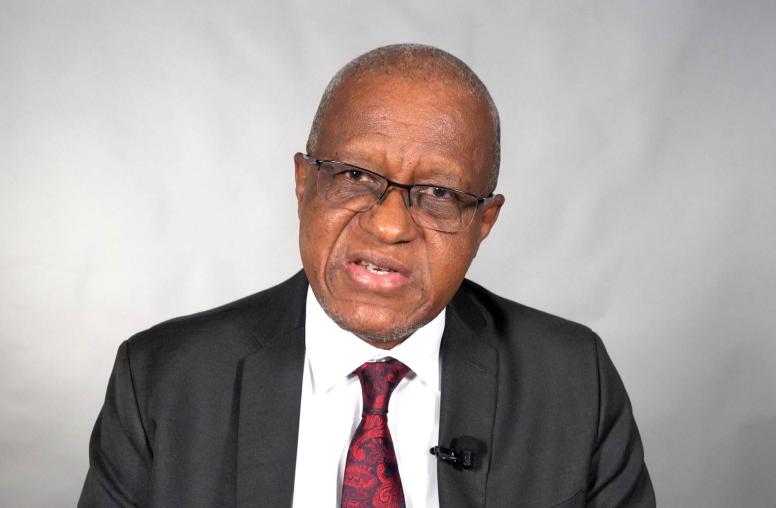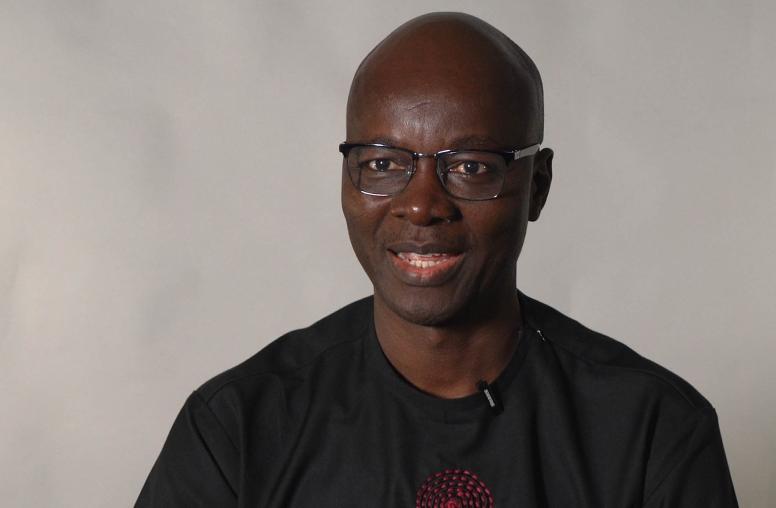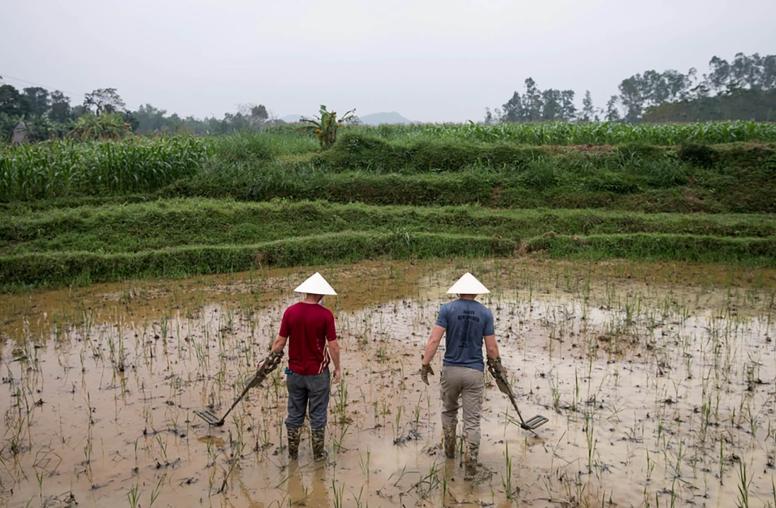Wednesday, November 13, 2024

Where Does the Bougainville Peace Agreement Stand?
Under the Bougainville Peace Agreement, 97.7 percent of Bougainvillians voted for independence from Papua New Guinea in a 2019 nonbinding referendum. But despite this near-unanimous result, the agreement itself was unclear on how the process should proceed — leaving the governments of Bougainville and Papua New Guinea to develop a political settlement on their own. Kevin Pullen, a doctoral candidate at the Australian National University, explores where the negotiations stand today, why it’s important to prepare Bougainville to manage its own affairs regardless of what shape the political settlement may take, and the situation’s impact on U.S. Indo-Pacific policy.

In the Sahel, Democracy Remains the Best Bet for Political Stability
After a startling number of coups in recent years, transitional governments are starting to take shape throughout the Sahel region of Africa. The situation remains precarious, with continued violent extremism and local insurgencies threatening to unleash further instability in the region. As a result, many West Africans are asking tough questions about their experiences with democratic governance. USIP’s Ambassador Maman Sidikou explains why — despite past shortcomings — democracy and good governance remain the best option for political stability in West Africa and how countries in the region can use their transitions to build effective governance based on the ethics of responsibility and accountability.

Africans Remain Committed to Democracy — But Want Better Results
Africans across the continent remain committed to democratic governance — but many are not satisfied with the way democracy currently works in their countries, according to research from Afrobarometer. To address these shortcomings in good governance, the African Union’s African Peer Review Mechanism (APRM) offers recommendations on how African governments can improve their countries’ political and economic stability. Afrobarometer CEO Joseph Asunka and APRM CEO Ambassador Marie-Antoinette Rose Quatre discuss the state of democracy on the continent, how Afrobarometer’s extensive survey research helps APRM evaluate the implementation of its recommendations, and how opinions of the African Union have grown more positive in recent years.

How U.S. Veterans Helped Unlock the Search for Vietnam’s Wartime Missing
When Nguyễn Xuân Thắng was young, he developed a passion for researching various documents, military studies, maps and weapons related to the Vietnam War. Eventually, he realized he could use these records to search for the remains of his maternal uncle, one of the many fallen North Vietnamese soldiers — or “martyrs,” as they are referred to in Vietnam — that were buried in unknown locations.

Walking the Civil Rights Trail with USIP’s John Lewis Peace Fellows
This summer, the inaugural cohort of USIP’s John Lewis Peace Fellows visited sites related to the civil rights movement in Georgia and Alabama — such as the Edmund Pettus Bridge in Selma — and met with people who knew Congressman Lewis to learn more about his lifelong commitment to peace and nonviolent action. The fellows discuss how this experience has helped them become better peacebuilders and how they plan to bring the legacy of John Lewis back to their own countries and communities.

How Southern Africa’s Lobito Corridor Can Boost Trade and Minimize Debt
The Lobito Corridor is an ambitious infrastructure project stretching from the port of Lobito on Angola’s Atlantic coast to Zambia through the Democratic Republic of Congo. It promises to boost trade and the regional economy by allowing inland mining and agriculture sectors to connect with broader markets. USIP’s Thomas Sheehy discusses his recent trip to parts of the corridor, where he saw the progress being made toward its development.

Understanding Masculinities' Role in Violent Conflict and Peacebuilding
Our understanding of the interplay between masculinities, violent conflict and peacebuilding has evolved immensely in recent years due to valuable contributions from both researchers and practitioners. However, this knowledge — as well as men and boys in general — are often overlooked in gender-focused policies and initiatives such as the Women, Peace and Security agenda. USIP spoke to leading scholars and experts about how concepts of masculinities can be incorporated into broader gender analysis and policy agendas on peace and security, as well as how the peacebuilding field can advance a systematic learning agenda on the issue.

First Ladies of Peace: Women’s Role in Reducing Conflict in Africa
Women have long been key partners and leaders in peace across Africa, and the African First Ladies Peace Mission (AFLPM) was created to help further women’s representation in promoting peace and security throughout the continent. Fatoumatta Bah Barrow, the first lady of The Gambia and the president of AFLPM, and former Malawi President Joyce Banda discuss how USIP and AFLPM are working together to reduce and prevent violent conflict.

What Is Africa's Lobito Corridor?
The Lobito Corridor is a railway project stretching from the Angolan port of Lobito on Africa’s Atlantic coast to the city of Kolwezi in the Democratic Republic of the Congo, which contains one of the largest mining deposits in the world. Anthony Carroll, a member of USIP's senior study group on critical minerals in Africa, discusses how this multi-country project can help speed access to critical minerals for U.S. and European markets, bolster African economic development and reduce reliance on China for critical mineral supply lines.

China's Growing Role in Central Asia’s Security
China has shown a greater interest in Central Asia’s security and stability in recent years, expanding its engagement with countries in the region both bilaterally and as a whole. Bates Gill, senior fellow in Asian security at the National Bureau of Asian Research, discusses his recent trip to Central Asia with USIP colleagues and what they learned about why China has taken a larger role in Central Asia, how Central Asian countries view China’s increased security engagement and why there’s still interest in greater U.S. engagement with the region.

